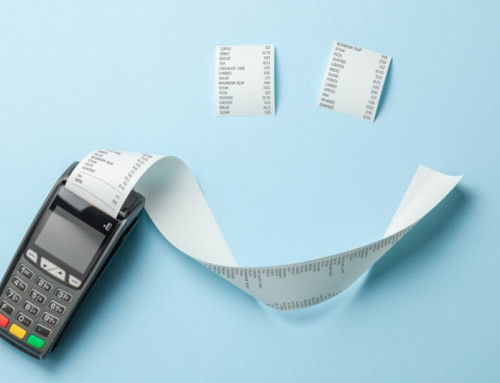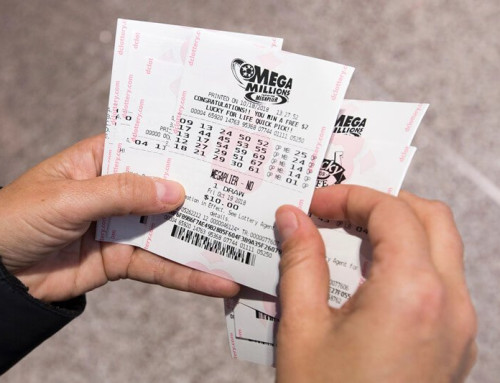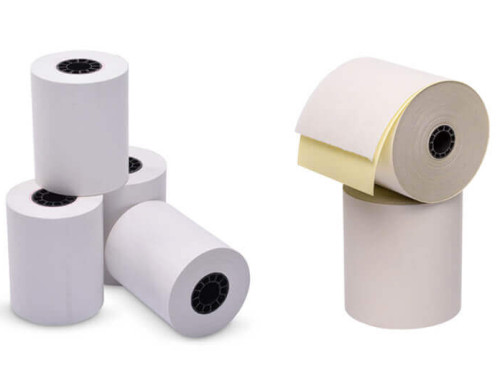At one time you have been at a shop to buy a number of goods and received a paper receipt after payment. You also get receipts when you make payment for bills. Receipts are papers we have to deal with as we carry out transactions on daily basis. Receipts are given by service providers as proof of payment. Normally a majority of people end up throwing away the receipts immediately they receive. Considering the places we get issued with receipts, you must have a lot of receipts.

Heard of thermal paper receipts? They are paper receipts with a special material that changes color. The material is designed to change color when exposed to heat. When making payments via the bank cards you also get receipts.
Under all considerations, paper receipts are items we receive on a daily basis as we carry out transactions. At this point, the most important question would be whether one needs to throw away the receipt or keep it. Throwing the receipts can be a way of reducing the many small papers we receive. However, keeping the receipts could have a number of benefits. The following are 4 important benefits of keeping the paper or thermal paper receipts?
1. Helps one save money
This is one of the most important factors that need to be considered. Keeping the receipts helps one to be able to have proper records of expenses. This is normally the best form of record keeping. Having your receipt helps you also account for every coin you spend. This is one of the best ways of ensuring accountability. If you normally struggle with overspending on unplanned for products this could be the best way to control that. At the end of the month go through your expenses list and cut down on the non-important items. Doing this will shock you at how much money is overspent on unplanned for items.
2. The safest accounts records
Paper receipts are the best form of records. The main reason is that paper receipts have no risk of loss or damage. These type of receipts cannot be manipulated at a future date. Unlike digital receipts that can be changed, paper receipts are permanent. Another benefit is the fact that these receipts cannot be tampered with as opposed to digital receipts. Digital receipts are always at risk of getting affected by software problems and also computer virus. On the other hand, with the paper receipt, your proof is guaranteed. All you need to do is ensure you keep the receipt at a safe place.
3. Important when replacing faulty items
Most products that are bought are not 100% perfect. A good example is when buying electronics. Electronics are not perfect as they may be faulty. In case you also buy a huge order of food items especially cereals they may be expired. Whatever the item you buy there is always a possibility of a faulty product. This can be rare but can happen. For this reason, it is always important to keep receipts. Paper receipts are mostly issued when buying these products. They act as a proof of purchase.
When you realize that the product you bought is faulty you will need this proof of purchase. Normally no shop attendant will accept changing faulty items without providing proof of purchase. It is therefore always important to keep receipts in case of such incidences.
4. Helps in monitoring card transactions
With the change in payment methods bank card payment has been adapted as a means of making payment. A number of transactions can now be paid using a bank card. There is also the availability of bank card payment on restaurants. A number of service providers have developed card payment system. This system also provides paper receipts after making payment. Have you ever thought of an instance where your credit card alters the wrong figures?
This could happen. You may experience huge deductions on your bank card. You may also get overcharged on purchases you made. In such a case you will need evidence as proof that you are being overcharged and a receipt will be the best proof of purchase.
Keeping your receipt is the best decision you can make. Consider that you need to have control over your expenses. Also, keep in mind that the next item you buy may be faulty and requires replacement. Save on your budget.






